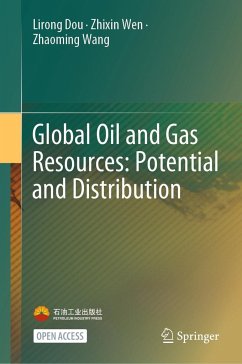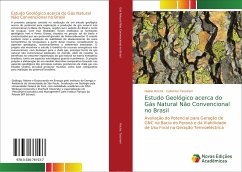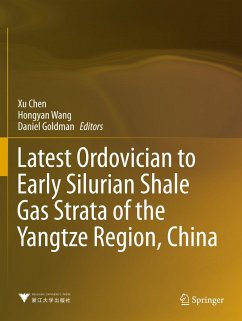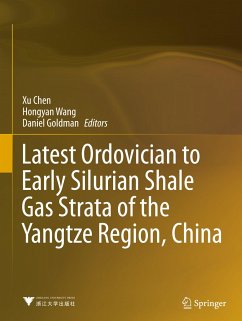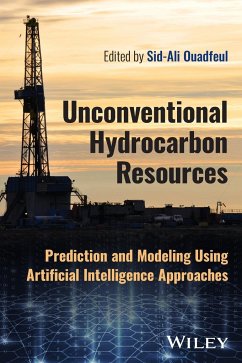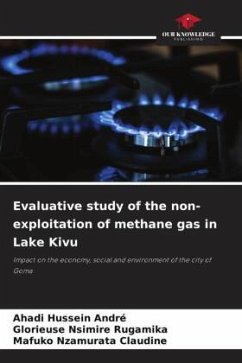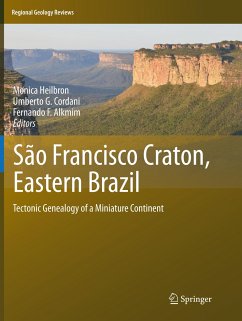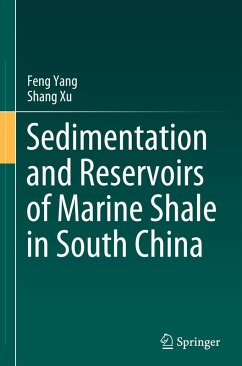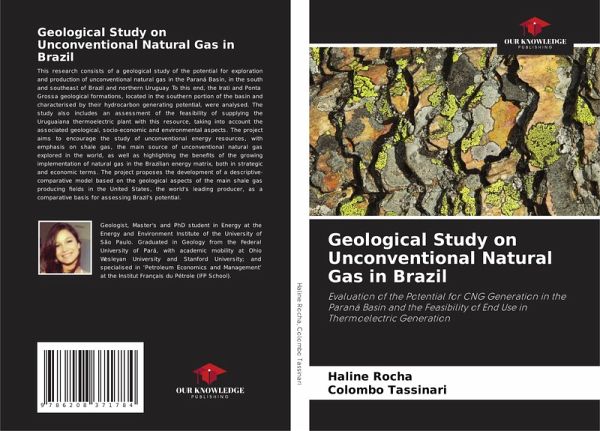
Geological Study on Unconventional Natural Gas in Brazil
Evaluation of the Potential for CNG Generation in the Paraná Basin and the Feasibility of End Use in Thermoelectric Generation
Versandkostenfrei!
Versandfertig in 6-10 Tagen
43,99 €
inkl. MwSt.

PAYBACK Punkte
22 °P sammeln!
This research consists of a geological study of the potential for exploration and production of unconventional natural gas in the Paraná Basin, in the south and southeast of Brazil and northern Uruguay. To this end, the Irati and Ponta Grossa geological formations, located in the southern portion of the basin and characterised by their hydrocarbon generating potential, were analysed. The study also includes an assessment of the feasibility of supplying the Uruguaiana thermoelectric plant with this resource, taking into account the associated geological, socio-economic and environmental aspect...
This research consists of a geological study of the potential for exploration and production of unconventional natural gas in the Paraná Basin, in the south and southeast of Brazil and northern Uruguay. To this end, the Irati and Ponta Grossa geological formations, located in the southern portion of the basin and characterised by their hydrocarbon generating potential, were analysed. The study also includes an assessment of the feasibility of supplying the Uruguaiana thermoelectric plant with this resource, taking into account the associated geological, socio-economic and environmental aspects. The project aims to encourage the study of unconventional energy resources, with emphasis on shale gas, the main source of unconventional natural gas explored in the world, as well as highlighting the benefits of the growing implementation of natural gas in the Brazilian energy matrix, both in strategic and economic terms. The project proposes the development of a descriptive-comparative model based on the geological aspects of the main shale gas producing fields in the United States, the world's leading producer, as a comparative basis for assessing Brazil's potential.





